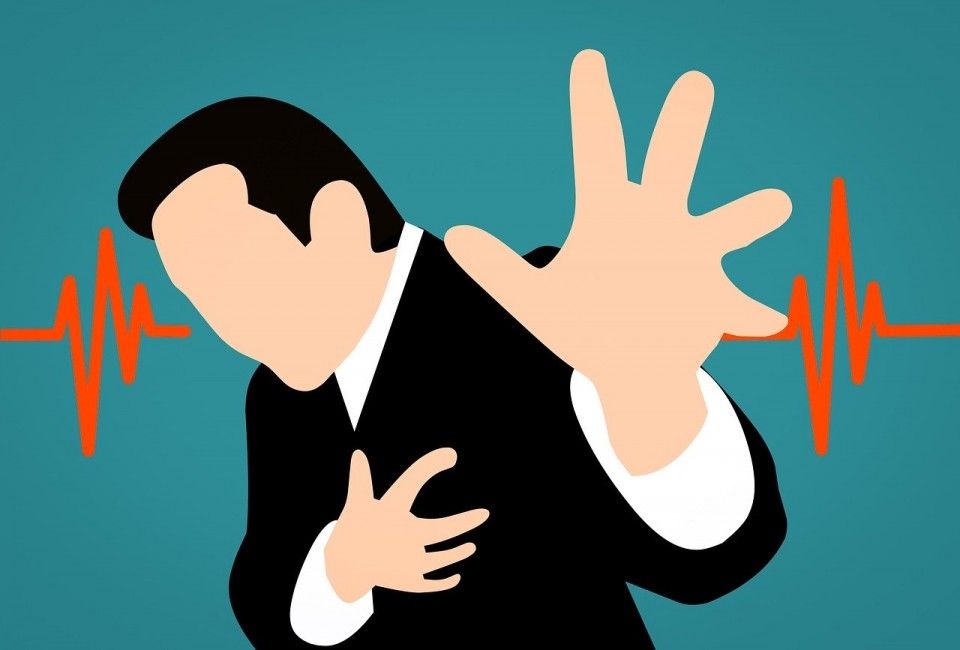India holds the distinction of providing world-class heart failure treatments using advanced medical devices and minimally invasive surgical procedures. There are several renowned hospitals all over India where patients can get heart failure treatment at a much lower cost compared to other countries like Europe, or the USA.
India holds the distinction of providing world-class heart failure treatments using advanced medical devices and minimally invasive surgical procedures. There are several renowned hospitals all over India where patients can get heart failure treatment at a much lower cost compared to other countries like Europe, or the USA. India also has highly qualified and experienced cardiologists who perform heart surgeries with precision and skill. Patients from different parts of the world prefer to get heart treatment in India as it costs much lesser and they get the best medical facilities during the treatment.
Treatment options available for heart failure in India
Coronary Artery Bypass Surgery
Coronary bypass surgery redirects blood around a section of a blocked or partially blocked artery in your heart to improve blood flow to the heart muscle. The procedure involves taking a healthy blood vessel from your leg, arm, or chest and connecting it beyond the blocked arteries in your heart. CAB is performed to relieve angina unsatisfactorily controlled by maximum tolerated anti-ischemic medication, prevent or relieve left ventricular dysfunction, and/or reduce the risk of death. CAB does not prevent myocardial infarction (heart attack). This surgery is usually performed with the heart stopped, necessitating the usage of cardiopulmonary bypass. CAB is often required when coronary arteries have a 50 to 99 percent obstruction.
Heart valve repair or replacement
Heart valve repair or replacement surgery is done to correct the problems caused by one or more diseased heart valves. Tissue valves can last 10 to 20 years, and usually don't require the long-term use of medication. For a young person with a tissue valve replacement, the need for additional surgery or another valve replacement later in life may be required. Most patients after heart valve repair or replacement report that they feel better and stronger every day and they can walk earlier than those who have had traditional open-heart surgery. Patients can expect to stay in the hospital for about a week, including at least one to three days in the Intensive Care Unit (ICU). Recovery after valve surgery may take a little longer, depending on how healthy the patient was before the operation. During valve repair or replacement surgery, the breastbone is divided, the heart is stopped, and blood is sent through a heart-lung machine.
Implantable cardioverter-defibrillators
An implantable cardioverter-defibrillator or automated implantable cardioverter-defibrillator is a device implantable inside the body, able to perform cardioversion, defibrillation, and pacing of the heart. The device is therefore capable of correcting most life-threatening cardiac arrhythmias. ICD is a battery-powered device placed under the skin to keep track of the heart rate of the patient. Thin wires connect the ICD to the patient’s heart and if an abnormal heart rhythm is detected the device will deliver an electric shock to restore a normal heartbeat.
Cardiac resynchronization therapy
Cardiac resynchronization therapy is the insertion of electrodes in the left and right ventricles of the heart, as well as on occasion the right atrium, to treat heart failure by coordinating the function of the left and right ventricles via a pacemaker, a small device inserted into the anterior chest wall. Cardiac resynchronization therapy requires a minor surgical procedure to implant a device in the patient’s chest.
Heart transplant
A heart transplant is a surgical transplant procedure performed on patients with end-stage heart failure or severe coronary artery disease when other medical or surgical treatments have failed. During heart transplant surgery, the diseased heart of the patient is removed and replaced with a healthy one from an organ donor.





